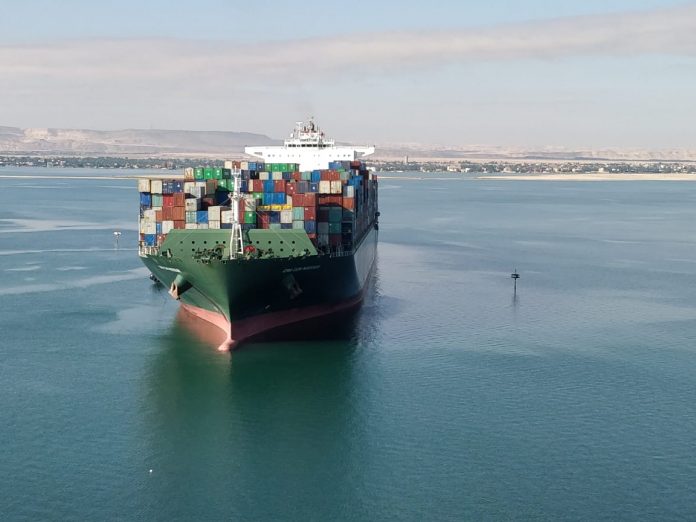The dilemma over alternative fuels and financing means that liner operators are more inclined to order newbuildings themselves, rather than turning to tonnage providers.
As a result, these non-operating owners’ fleets remain lower than pre-Covid-19 days.
Tonnage providers have seen net fleet additions for the first time in nearly four years, as newbuilding deliveries finally outpace ship sales, according to Alphaliner’s report today (13 March).
Newbuilding deliveries added 86 ships of 342,000 TEUs to tonnage providers’ fleet, while just 80 ships of 238,800 TEUs have been sold, mainly to other operators.
The decline in tonnage providers’ fleets began in August 2020, as the Covid-19 pandemic saw freight rates hit historically high levels. To control rocketing charter costs, liner operators began buying more ships. MSC, particularly, was the most active buyer as it marched towards overtaking Maersk Line as the world’s largest liner operator.
Although the replenishment of the non-operating owners’ fleet in the 700-9,000 TEU range is now tangible, Alphaliner noted that this remains insufficient so far to offset the tonnage lost to end-users in the last three and a half years. While about 2.5 million TEUs of non-operating owners’ ships phased out during this period, only 565,000 TEUs of newbuilding capacity were so far delivered to tonnage providers.
With another 760,000 TEUs on order, tonnage providers’ fleet aggregates so far 1.3 million TEUs of capacity replacement, which still leaves a shortfall of about 1.2 million TEUs compared to its pre-August 2020 position.
Alphaliner wrote, “Obviously, this gap could still be filled if non-operating owners press ahead with more new ship orders. But there is a continued reluctance among some of them to order new ships, due to multiple reasons including vessel prices, financing issues, choice of fuel & propulsion, lack of charter covers and overcapacity fears.”
In addition, liner operators, flush with cash from the pandemic-fuelled boom, are leaning towards working with shipyards to determine ideal fuel and propulsion choices.
Alphaliner concluded, “Nevertheless, the renewal and replenishment of the non-operating owners’ fleets must continue with carriers having a role to play in supporting this, as they need a charter market giving them the modern, high-specification and energy-efficient vessels they look for when adjusting their tonnage needs.
Martina Li
Asia Correspondent







